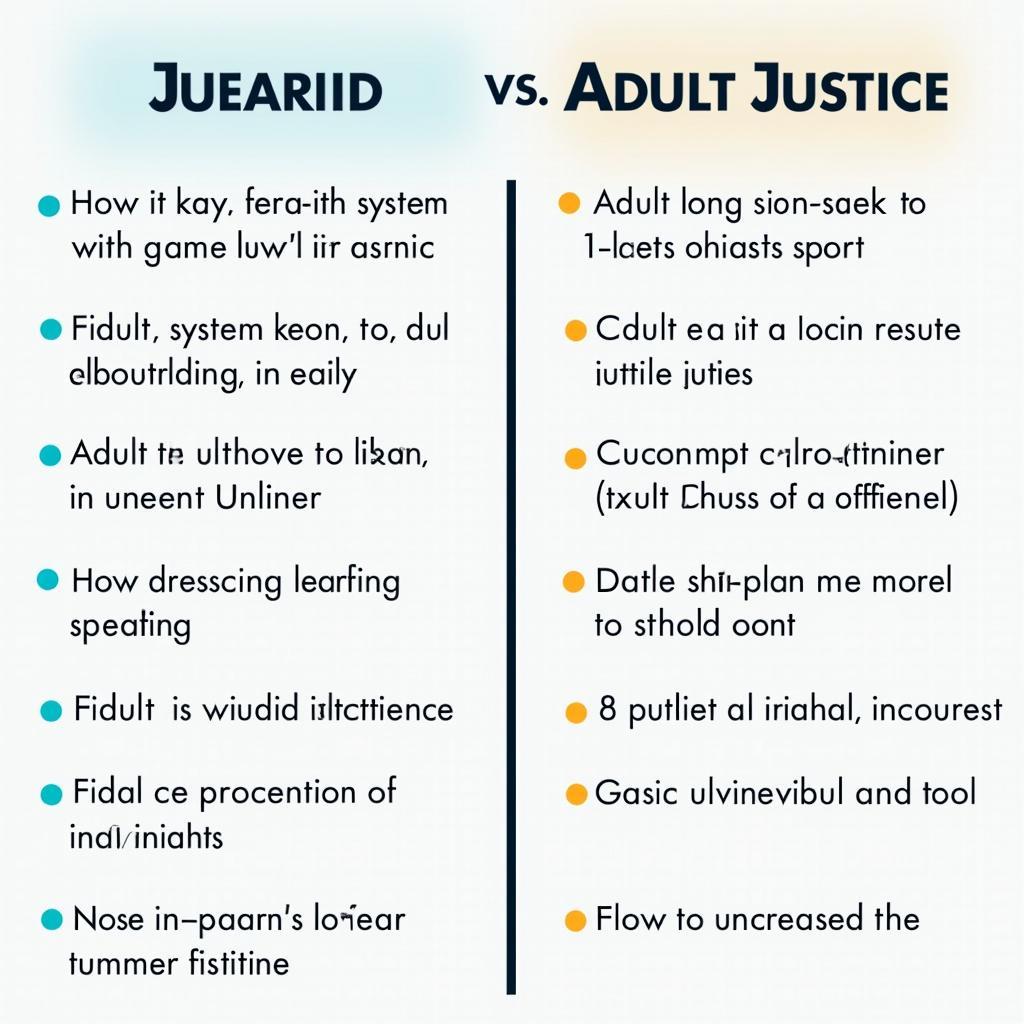The topic of equal punishment for teenagers and adults has been a recurring theme in IELTS Writing Task 2, appearing approximately 3-4 times annually in recent years. This frequency suggests it’s likely to continue appearing in future tests, particularly given its relevance to contemporary social debates and justice systems worldwide.

Topic Analysis
Some people think that teenagers who commit serious crimes should receive the same punishment as adults. To what extent do you agree or disagree?
This question requires candidates to:
- Take a clear position on whether teenagers should face equal punishment
- Provide supporting arguments and examples
- Consider the implications of treating juvenile offenders as adults
- Demonstrate understanding of criminal justice principles
Similar to discussions about should the legal drinking age be raised to 21, this topic explores the relationship between age and legal responsibility.
Band 9 Model Essay
Teenagers should not receive identical punishments as adults for serious crimes, despite the severity of their offenses. While accountability is crucial, a more nuanced approach considering developmental factors and rehabilitation potential is essential for juvenile offenders.
Firstly, scientific research clearly demonstrates that teenage brains are not fully developed, particularly in areas responsible for decision-making and impulse control. The prefrontal cortex, which governs rational thinking and consequence assessment, continues developing until approximately age 25. This biological reality means teenagers are inherently less capable of fully understanding the implications of their actions or controlling their impulses compared to adults.
Furthermore, the primary purpose of the justice system should be rehabilitation, especially for young offenders. Teenagers have greater potential for reform and positive behavioral change due to their developmental plasticity. Harsh adult sentences could instead create hardened criminals by exposing young people to negative influences in adult prisons and limiting their future opportunities for education and employment.
However, this doesn’t mean serious crimes by teenagers should go unpunished. Instead, the justice system should implement specialized programs combining appropriate consequences with intensive rehabilitation. These might include secure juvenile facilities with mandatory education, psychological counseling, and skill development programs. Such approaches have proven more effective in reducing recidivism rates among young offenders compared to traditional adult incarceration.
In conclusion, while serious crimes require serious responses, applying adult punishments to teenagers overlooks crucial biological and social factors. A more effective approach would focus on age-appropriate consequences that balance accountability with rehabilitation opportunities.
Band 7 Model Essay
I disagree that teenagers who commit serious crimes should receive the same punishment as adults, although I believe they should face significant consequences for their actions.
The main reason for treating teenage offenders differently is their incomplete mental development. Research shows that teenagers often act impulsively and cannot fully understand long-term consequences. For example, many juvenile crimes are committed in groups under peer pressure, showing that teenagers are more susceptible to negative influences than adults.
Additionally, putting teenagers in adult prisons can be very harmful. Young offenders in adult facilities often face abuse and are more likely to learn criminal behavior. Instead, they should be sent to special juvenile centers that focus on education and rehabilitation. In countries like Norway, this approach has successfully reduced youth crime rates.
However, serious crimes cannot be ignored just because the offender is young. Teenagers should face appropriate punishments that reflect the severity of their crimes while considering their age. This might include detention in juvenile facilities, mandatory counseling, and community service.
In conclusion, while teenage criminals must face consequences, these should be different from adult punishments and focus more on rehabilitation than punishment alone.
Key Vocabulary
- recidivism (n) /rɪˈsɪdɪvɪzəm/ – tendency to relapse into criminal behavior
- rehabilitation (n) /ˌriːəˌbɪlɪˈteɪʃən/ – restoration to normal life through training
- incarceration (n) /ɪnˌkɑːsəˈreɪʃən/ – imprisonment
- juvenile (adj) /ˈdʒuːvənaɪl/ – of or for young people
- deterrent (n) /dɪˈterənt/ – something that discourages certain behavior
- culpability (n) /ˌkʌlpəˈbɪləti/ – responsibility for wrongdoing
- impulsive (adj) /ɪmˈpʌlsɪv/ – acting without forethought
Consider practicing with similar topics:
- Should juvenile criminal records be sealed at age 18?
- Is rehabilitation more effective than punishment for young offenders?
- At what age should people be held fully responsible for their actions?
Share your practice essays in the comments section for feedback and discussion.